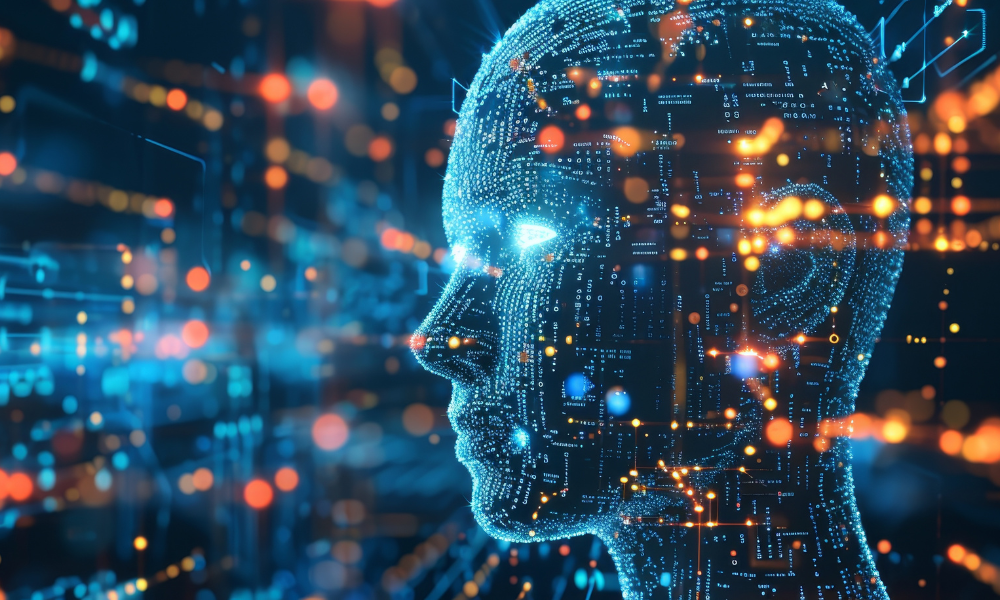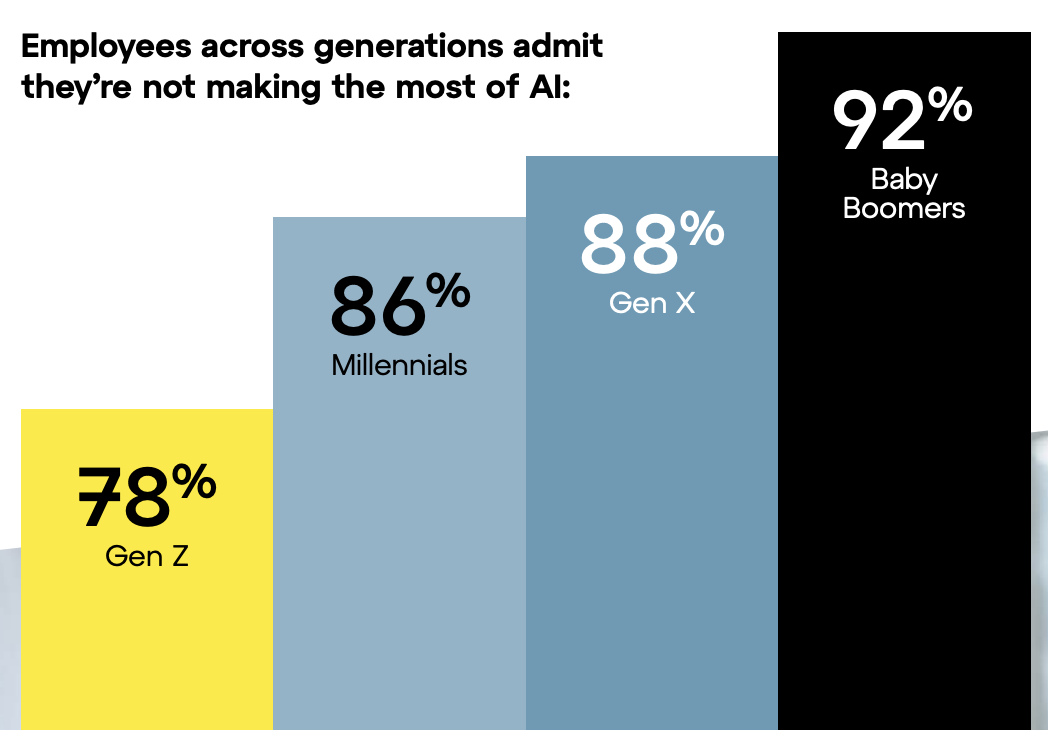
Employees not seeing AI 'as the revolutionary change they were promised'

More than six in 10 employees across the world believe that artificial intelligence's impact in workplaces is "overhyped," despite admitting that they underuse it, according to a new report.
GoTo's latest research report polled 2,500 employees in 10 countries to find that 62% believe AI has been significantly overhyped.
"Employees are already using AI and are seeing clear productivity gains, yet despite these benefits, our latest research shows people still view AI as overhyped," said Rich Veldran, CEO of GoTo, in a statement.
"While many recognise its value, they don't yet see it as the revolutionary change they were promised."
The findings come in the wake of widespread anticipation over AI's impact in workplaces, particularly on productivity and employment.
Previous research from Slack noted that AI tools are already improving employees' productivity, and are boosting employee experience and engagement.
Veldran noted, however, that employees' perception of AI in their findings is because workers don't know how to apply AI tools in practical ways and are not realising their full potential.
According to GoTo's report, 86% of workers admit that they aren't tapping AI's full potential because the majority (82%) are not very familiar with its practical applications in their day-to-day work.

A further 86% are not very confident in AI's accuracy and reliability, while 33% say that AI tools aren't tailored to their industry or organisation.
Another 35% of employees also admitted that they don't know what tasks AI can help with, and where the technology can save time or improve their work.
As a result, employees are losing 2.6 hours per day or 13 hours per week because they're doing tasks that AI can do.
"This lost time translates into a huge opportunity cost. In the U.S. alone, businesses could be losing out on over $2.9 trillion a year in efficiency gains," the report said.
Veldran said the solution to address employees' perception of AI is by going beyond just providing access, and also ensuring staff have the right tools and education for it.
According to the report, employers should also give employees the AI tools they want, such as:
"By equipping teams with effective training and clear guidelines, organisations can empower their workforce to unlock the true, transformational impact of AI," Veldran said.
Employers are also told to improve policies and training to prevent AI misuse, as well as be "purposeful" about the technology's implementation and ROI measurement.
"If companies can unlock even a fraction of the unrealised potential of AI, both employees and employers stand to win," the report said.